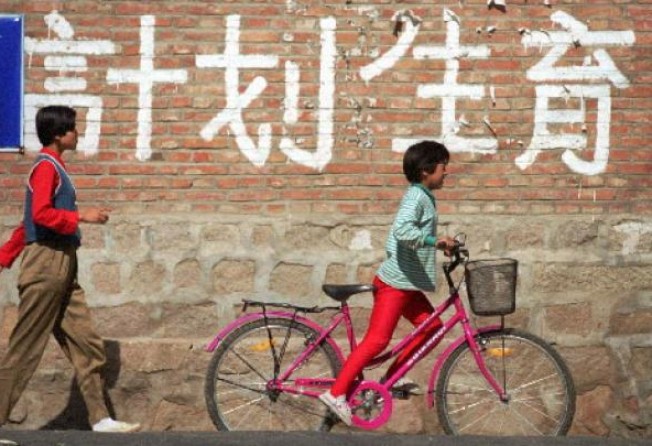Opinion | Outcry over blunders of China’s one-child policy

China is considering changes to its one-child policy, with government advisory bodies drafting proposals – a decision relished by many, according to media reports last month.
However, two independent incidents in Guangdong and Shandong reported by mainland media shed light on the country’s questionable execution of the policy.
Print option is available for subscribers only.
SUBSCRIBE NOW